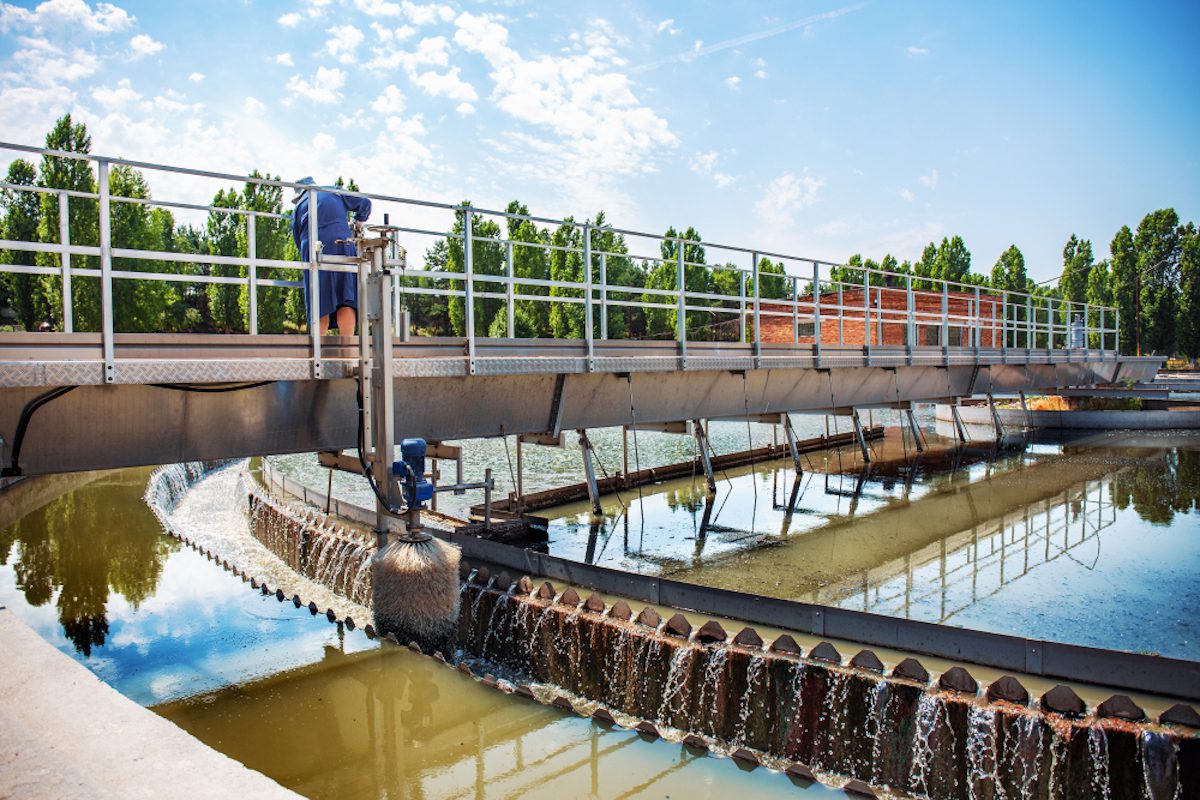
500 key frontline workers to take part in first round of four days of action
Trade union group Unite confirmed on 9 November that its 500-strong Scottish Water membership will take its first round of strike action after talks with the public body ended in failure.
Unite, along with the other recognised trade unions held its latest round of talks with Scottish Water bosses on Wednesday 8 November following the announcement of 48 days of industrial action over three months.
Several rounds of talks through the auspices of the conciliation service Acas have been held but there has been no breakthrough ahead of the first round of industrial action which begins at 00.01 hours on Friday 10 November and ends at 23.59 hours on Monday 13 November. The action includes an overtime and stand-by ban.
A number of major pickets and demonstrations across Scotland will be held in towns and cities to coincide with the strike action.
Unite has described the latest talks as a ‘waste of time’ as the trade union accused Scottish Water bosses of proposing a revised offer with ‘more strings attached than a symphony orchestra’.
The trade union’s membership includes waste water operatives, water treatment and burst repair operatives, maintenance engineers, electricians and sewage tanker drivers.
The dispute centres on Unite accusing Scottish Water bosses of bypassing long-standing collective bargaining processes involving unions. This specifically relates to a new ‘reward system’ which Scottish Water bosses are trying to impose on the workforce. The proposed system is being tied to the 2023 pay offer.
Unite general secretary Sharon Graham, said: “Scottish Water has failed to address the concerns of our members. Instead, Scottish Water has continued to press ahead with its proposed new grading structure which they are foolishly linking to the pay offer.
“Talks have been a waste of time. It appears to be the case that the bosses in the boardroom will only listen to us when our members have taken to the picket lines across Scotland. Unite will fully support our members in the fight for better jobs, pay and conditions at Scottish Water.”
Due to the key frontline roles undertaken by Unite’s membership in sewers, water treatment centres and on pipework, the union believes the industrial action will significantly impair Scottish Water’s ability to respond to water leakages, flooding, pollution, and drinking water quality concerns.
In practical terms, this means burst pipe repairs on roads and highways would not be repaired by Unite members. Workers would also not be available to undertake work relating to any sewer flooding issues. Wastewater pumping stations which cause spillages to rivers and watercourses will also be impacted by the strikes.
Stephen Deans, Unite regional coordinating officer, added: “Scottish Water is attempting to rehash their original offer with one which has more strings attached than a symphony orchestra.”
“Unite members have been left with no option but to take strike action. Unless there is swift movement by Scottish Water bosses then another 11 weeks of action will follow.
“We have repeatedly warned that when strike action goes ahead it could have major public safety and health implications. Scottish Water bosses, however, don’t seem to care about these concerns, their workers or the Scottish public which they are paid extremely well to serve.”
This weekend’s strike action comes at a juncture when Alex Plant, the new chief executive of Scottish Water, has come under fire for earning a reported annual salary of £295,000 in breach of the Scottish government’s public sector pay rules.
Mr Plant’s salary is £25,000 higher than his direct predecessor despite the pay policy expecting a 10 per cent reduction in the remuneration package over an outgoing appointment.







